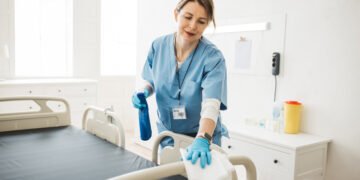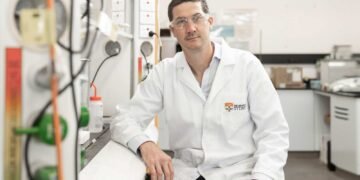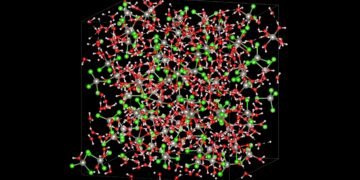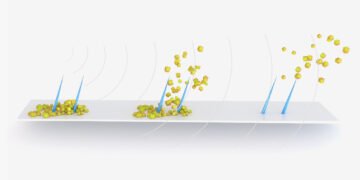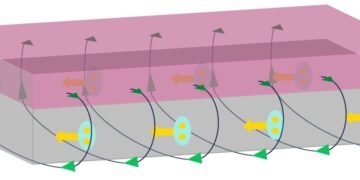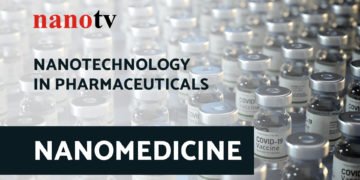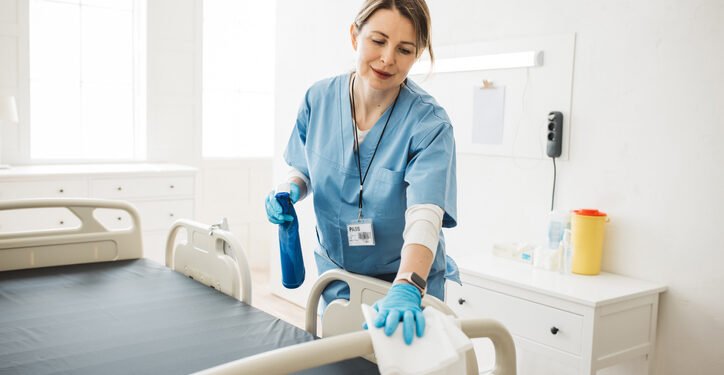Researchers have used an infectious agent to create a new protective coating that kills bacteria and viruses, including MRSA and Covid-19.
Scientists at the University of Nottingham School of Pharmacy took chlorhexidine, which is commonly used by dentists to treat oral infections and for pre-surgery, and coated it with a polymer, acrylonitrile butadiene styrene (ABS).
A new study published in Nano Select shows that this new material has been shown to be effective in killing microbes that cause various diseases and can be used as an effective antimicrobial agent. in many plastic products.
Plastics are used in many areas in the healthcare setting, from IV bags and implanted devices to hospital beds and toilet seats. Some types of bacteria can survive in hospitals despite good hygiene practices, leading to a greater risk of patients becoming infected while in the hospital requiring antibiotic treatment.
These microorganisms can survive and remain infectious on abiotic surfaces, including plastic surfaces, for long periods of time, sometimes for months.
The researchers used a special imaging technique called time-of-flight secondary ion mass spectrometry (TOF-SIMS) to look at the material at the molecular level. This revealed that the substance is antimicrobial and kills microbes quickly and after 45 minutes, the surface is still free of these microbes.
It is also effective against SARS-COV-2, with no virions detectable after 30 minutes. In addition, the surface is also effective in killing bacteria resistant to chlorhexidine.
The Covid-19 pandemic has drawn much attention to hospital-acquired infections, as it is estimated that 20% of all hospitalized Covid-19 patients contracted the virus while in the hospital. It is estimated that in 2016/17, 4.7% of adults in hospital developed an illness during their stay in hospital, and 22,800 patients died from these illnesses, although these deaths can be prevented.
The most common nosocomial infections are Escherichia coli, Staphylococcus aureus and Clostridium difficile. Infectious diseases are often caused by strains that are resistant to antibiotics.
Dr de Cogan continued: “Research has shown that contaminated surfaces, including plastic surfaces, can act as a reservoir of antimicrobial genes, encouraging the spread of immunity infection between bacterial species by direct gene transfer despite the fact that the hygiene is done.
It is most important that new technologies are developed to prevent the spread of pathogenic microorganisms in patients and -vulnerable and addressing the growing threat of antimicrobial resistance.
“This research provides an effective way to do this and what can be added to the plastic during its production, and can be used as a spray.”
Source: University of Nottingham
